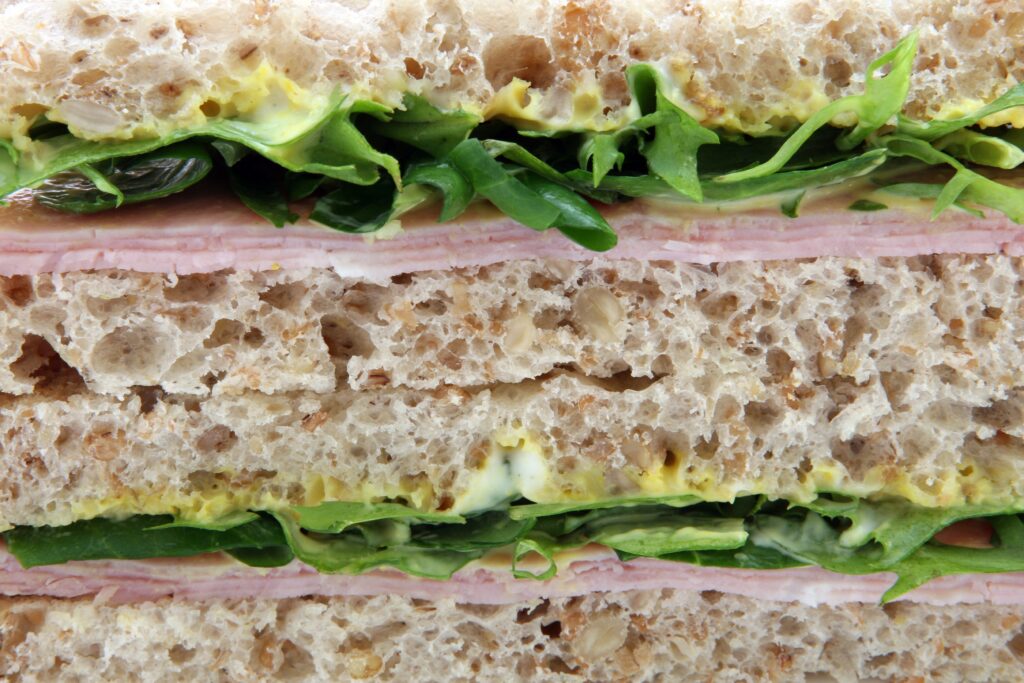The nitrogen crisis that Flanders and the Netherlands have been facing for some time is partly related to intensive livestock farming. To tackle this problem, farmers need to keep fewer animals. Consumers can also contribute to a shift towards more sustainable livestock farming by choosing more sustainable meat and dairy products. Governments must play a leading role in this transition, which has been lacking so far.
We’re going to make our food more sustainable. At least, that’s what Europe and its member states are proposing. With the Farm to Fork strategy, a key component of the European Green Deal, Europe aims to achieve a sustainable, safe and affordable food system for its 450 million inhabitants in the coming years.
At the same time, the EU aims to halve the use of pesticides, fertilisers and the sale of antimicrobial substances while increasing the area under organic farming by 25 per cent.
To help farmers produce affordable food, the EU introduced the common agricultural policy (CAP) in 1962. The CAP 2023-27 gives EU countries more flexibility to tailor measures to local conditions, facilitating the transition to a more sustainable and profitable food system.
Strategic plans
The strategic plans should promote smart, sustainable, competitive, resilient and diversified agricultural initiatives to ensure long-term food security. In addition, all projects should contribute to climate change mitigation, the protection of natural resources, the conservation and enhancement of biodiversity and the strengthening of the socio-economic fabric of rural areas.
Both the Flemish and Dutch CAPs align with the ambitions of the European Green Deal and the Farm to Fork and Biodiversity strategies. The focus is on the transition to sustainable and innovative agriculture. This shift aims to make farmers food producers and landscape stewards.
However, achieving the European targets will require significant changes, as Jeroen Candel, a researcher at Wageningen University, points out.
“For decades, the Netherlands and Flanders have focused on end-of-pipe solutions, on technological innovations to optimise and sustain livestock farming,” he says. “As a result, farmers have often invested millions in these technologies, making a thorough reform of the current food system a challenge.”
Europe and the Dutch and Flemish governments are currently placing too much emphasis on agriculture alone, while we also need to examine our consumption patterns critically, Candel says. “It is the government’s responsibility to steer these patterns to prevent the relocation of mass production to countries outside Europe.”
Looking to society
According to Jelle Goossens of Rikolto, an international NGO that works with farmers’ organisations and stakeholders in the food chain, it’s crucial that farmers receive sufficient financial incentives to make this transition with consumers.
“Farmers have made significant progress in sustainability and animal welfare in recent years, but they currently receive too little recognition for this,” says Goossens. “On the other hand, they are looking to society to determine where they should invest in the next 20 to 30 years and what income security this will bring.”
Environmental cost
Sustainable food is significantly more expensive than the average supermarket product, as all costs are factored into the price. However, as soil fauna expert Professor Matty Berg points out, conventional food comes at a significant societal cost.
“Consider the environmental costs, including nitrogen issues and various health costs,” he says. “If you include these costs in the price, I’m convinced that nature-integrated food is cheaper than conventional food. Such price adjustments can encourage people to make sustainable choices.”
Nitrogen has been the topic of Flemish and Dutch political debates for years. While Flanders recently presented its third nitrogen agreement, the Netherlands is waiting for a new government and, therefore, a new agreement. However, neither government seems to be able to promote sustainable food sufficiently to meet the Green Deal targets.
(Belga)
